Table of contents
- Update: Decisions from the September 26 meeting
- LSD ban approved
- 1S-LSD under review
- 10-OH-HHC not included (for now)
- Ban on smoking and vaping in cars
- Outlook
- Update 17.09.: What to expect from the September meeting
- Why 10-OH-HHC is under review in Germany
- Which substances could be affected
- What the 10-OH-HHC ban means for consumers
- Legal alternatives after the 10-OH-HHC ban
- Next steps
- Summary
Update: Decisions from the September 26 meeting
The Federal Council has passed several measures concerning psychoactive substances and consumer safety. Some bans were approved immediately, while others will move forward through legislative procedures. Here’s a breakdown of the key outcomes.
LSD ban approved
The planned ban on LSD was passed without discussion. This means the substance will soon be illegal in Germany. The exact date of entry into force is not yet known, but it could happen at any moment. The Bundestag is expected to finalize the law shortly, given the urgency of the matter.
For consumers, this means LSD products will disappear from the market in the near future. Possession of previously purchased products is usually not prosecuted retroactively, but retailers will no longer be allowed to sell them once the law is in effect.
1S-LSD under review
The meeting also covered 1S-LSD. According to the current plan, the substance will be banned through a legislative procedure that may take several months to complete. Until then, sales may continue, but the long-term outlook is clear: 1S-LSD will eventually be removed from the market.
10-OH-HHC not included (for now)
Many had expected 10-OH-HHC to be part of the decisions on September 26. In practice, however, it was not on the agenda. This means the compound remains legal for the time being. Still, the debate around semi-synthetic cannabinoids continues, and it is very likely that 10-OH-HHC could be reconsidered in a future session.
Ban on smoking and vaping in cars
Another important decision concerns smoking and vaping in vehicles. From now on, it will be prohibited to smoke or vape when children are present in the car. Violations will carry significant penalties. The measure is intended to improve protection for minors and reduce passive smoke exposure in enclosed spaces.
Outlook
The September 26 meeting highlights the ongoing trend: regulators are tightening the rules step by step, covering LSD, its analogues, nitrous oxide, and restrictions on semi-synthetic cannabinoids. At the same time, consumer protection laws like the car smoking ban are being strengthened. More restrictions are likely to follow in the coming months, making it important for consumers and retailers to stay informed.
Update 17.09.: What to expect from the September meeting
Current reports suggest that the session on September 26 will focus on nitrous oxide and 1S-LSD. For now, 10-OH-HHC does not appear to be on the agenda. That said, it’s still possible the substance will be discussed at a later date, so the situation remains worth following.
On September 26, 2025, the German Federal Council is scheduled to vote on a potential 10-OH-HHC ban in Germany. If approved, this substance – which has so far been sold in a legal grey area – will no longer be available on the market. Observers expect that other related cannabinoids such as 10-OH-THC and 10-OH-HHC-P could be included as well.
Why 10-OH-HHC is under review in Germany
10-OH-HHC became popular after HHC itself was prohibited in June 2024. Retailers quickly positioned it as an alternative, since it was not yet listed in the law. Authorities now want to close this gap to prevent new variants from bypassing regulations with only small chemical changes.
Which substances could be affected
The vote on September 26 will not only address 10-OH-HHC. It is very likely that 10-OH-THC and 10-OH-HHC-P will also be covered. This would prevent another cycle of new “legal” derivatives emerging shortly after a ban takes effect.
What the 10-OH-HHC ban means for consumers
If the Federal Council agrees, shops will no longer be allowed to sell products containing 10-OH-HHC. Stocks may run low even before the official decision, as many sellers are already reducing inventory. Consumers who already purchased products usually do not face penalties – the restrictions apply mainly to sale and production.
Legal alternatives after the 10-OH-HHC ban
Despite the planned 10-OH-HHC ban in Germany, some cannabinoids remain legally available. H4CBD, for example, is currently considered a safe option and is already offered by many shops. How long these alternatives remain untouched by law is uncertain.
Next steps
The Federal Council will make its decision on September 26, 2025. Should the vote go through, the ban would typically take effect a few weeks later. This means 10-OH-HHC and related compounds may soon disappear from the market.
Summary
The 10-OH-HHC ban in Germany is close to becoming reality. Alongside 10-OH-HHC, substances like 10-OH-THC and 10-OH-HHC-P are also expected to be restricted. Consumers should be prepared for these products to vanish and look into legal alternatives in time.

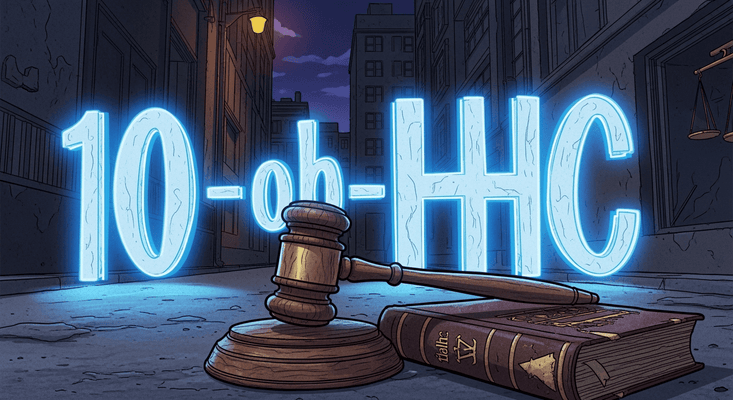

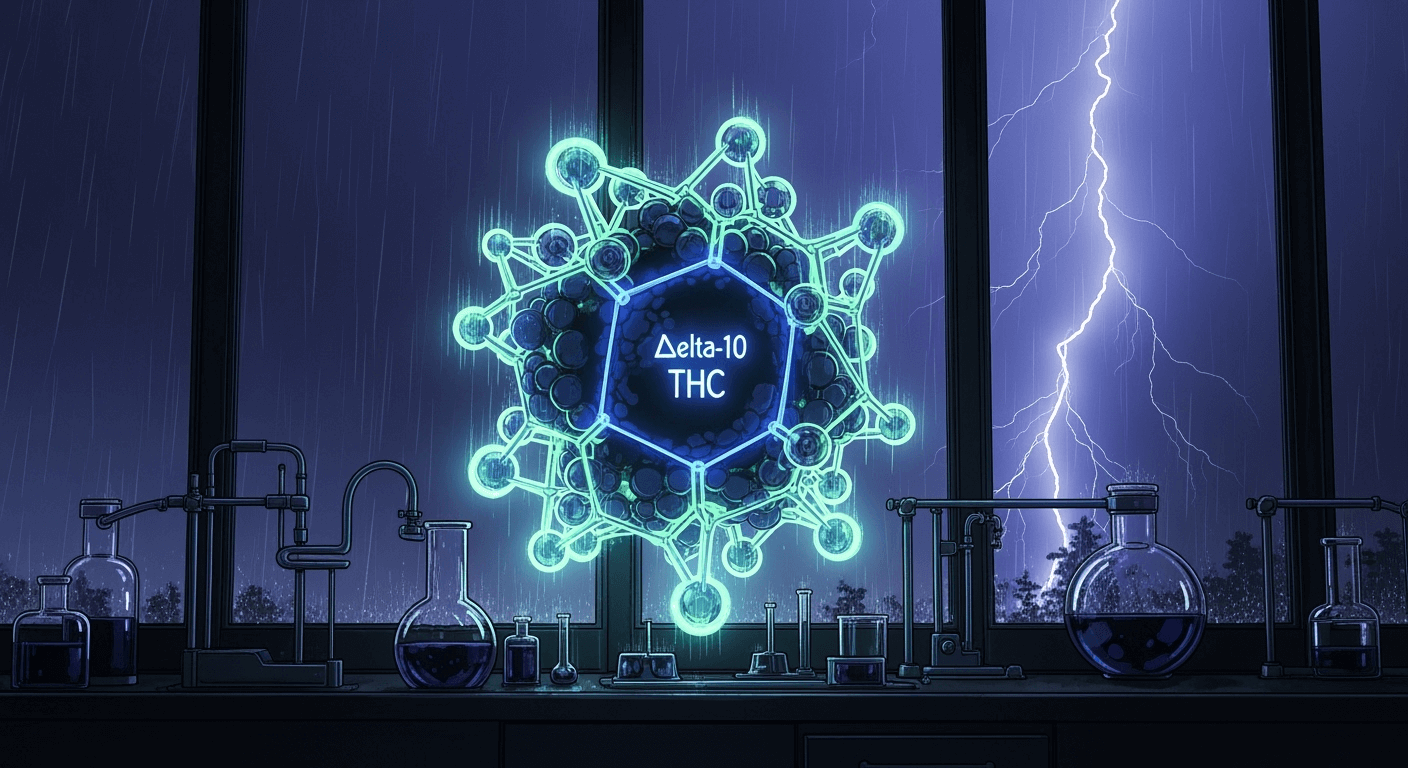
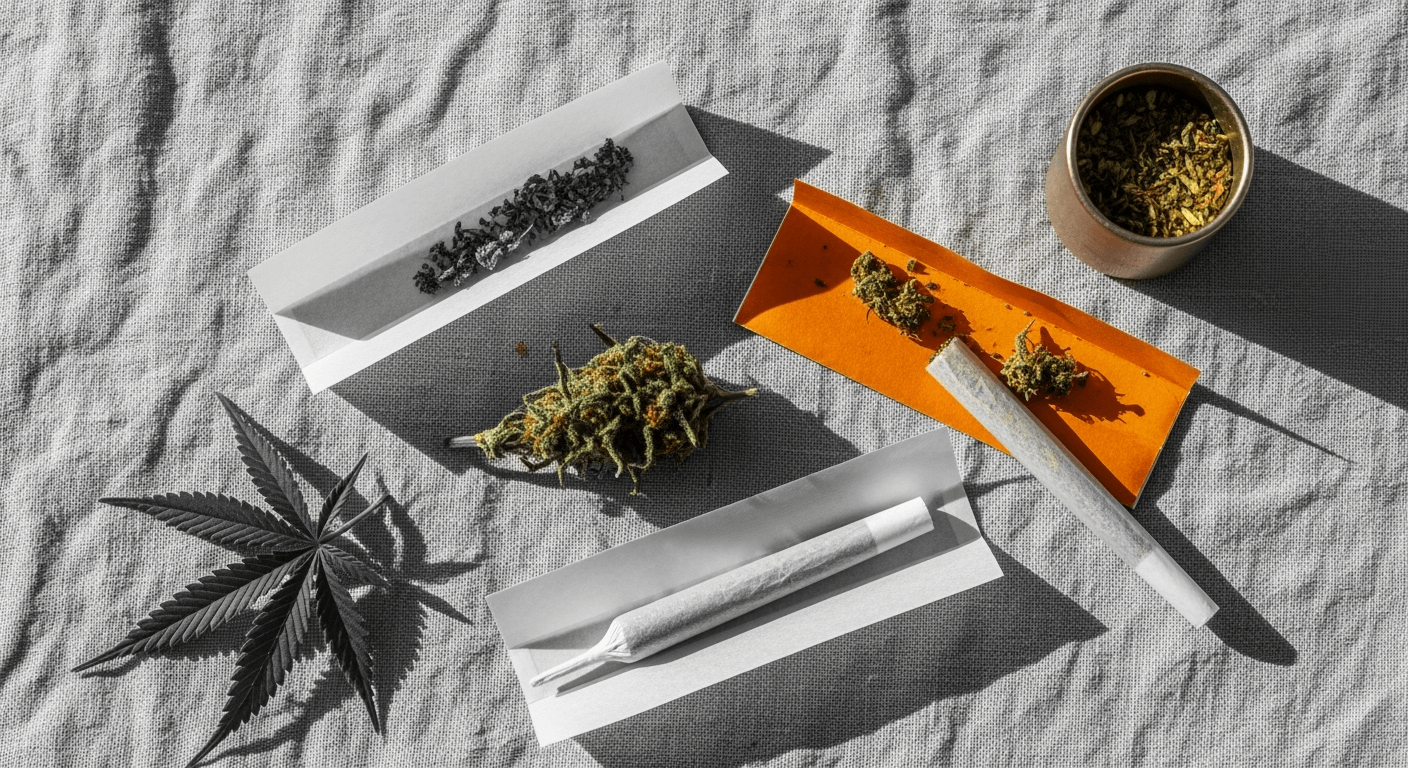
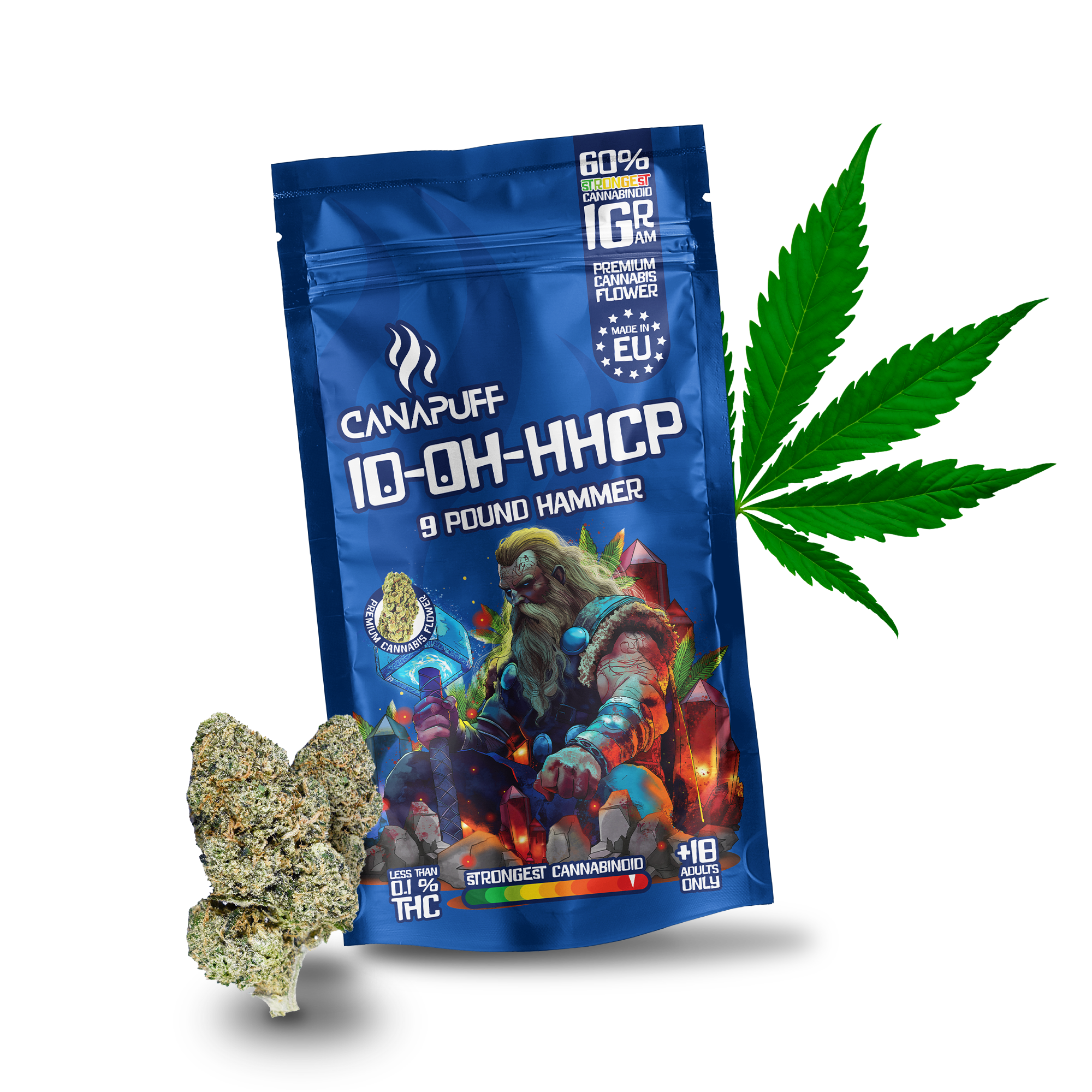
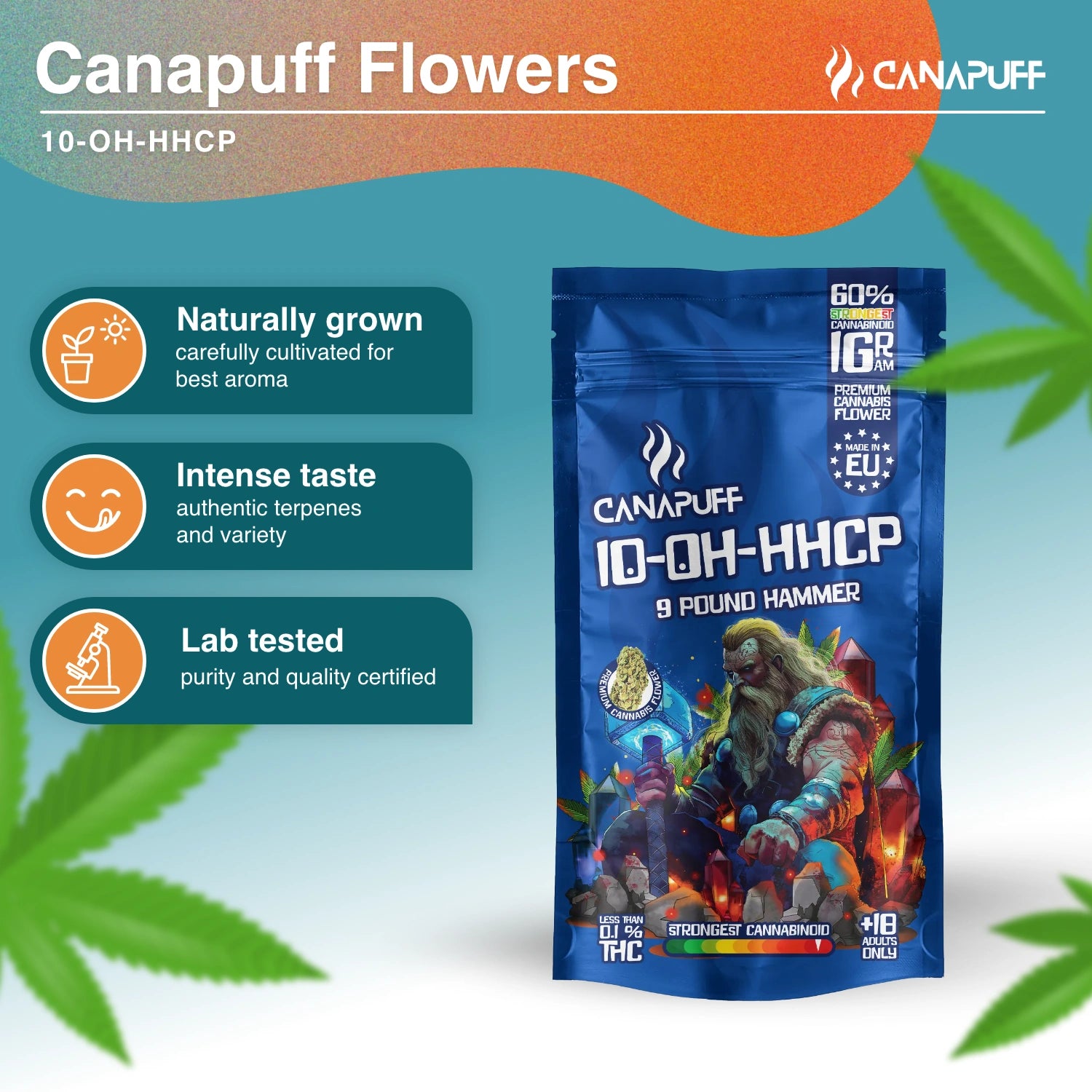
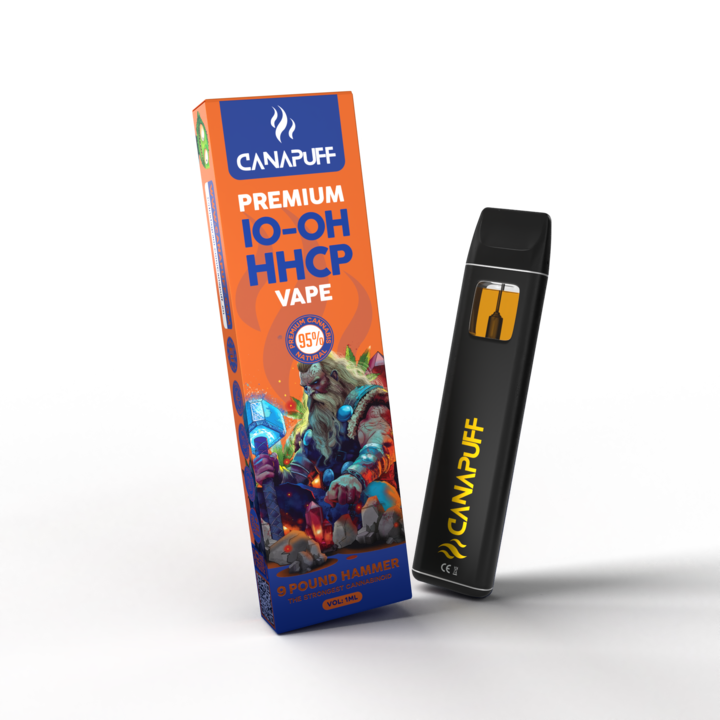
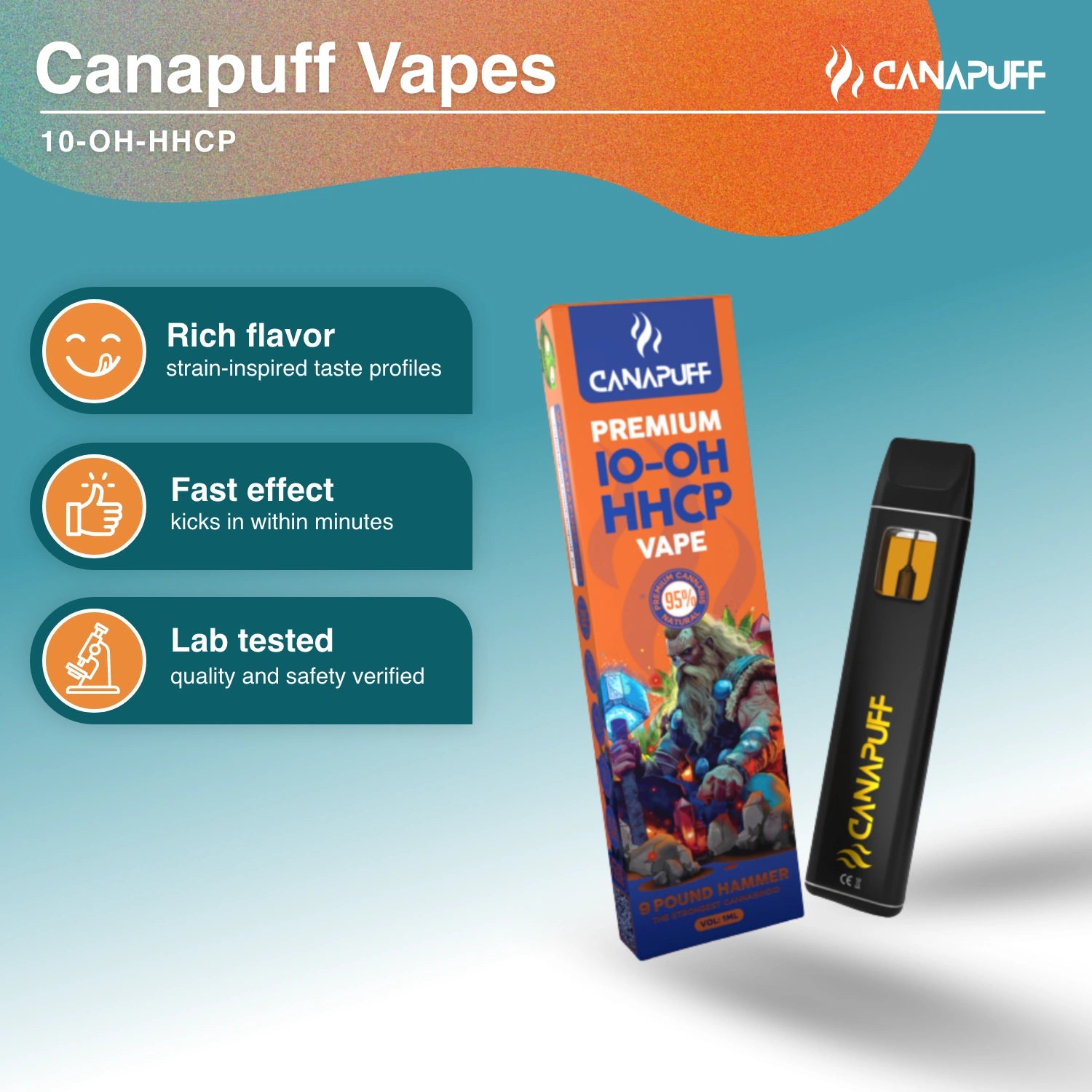
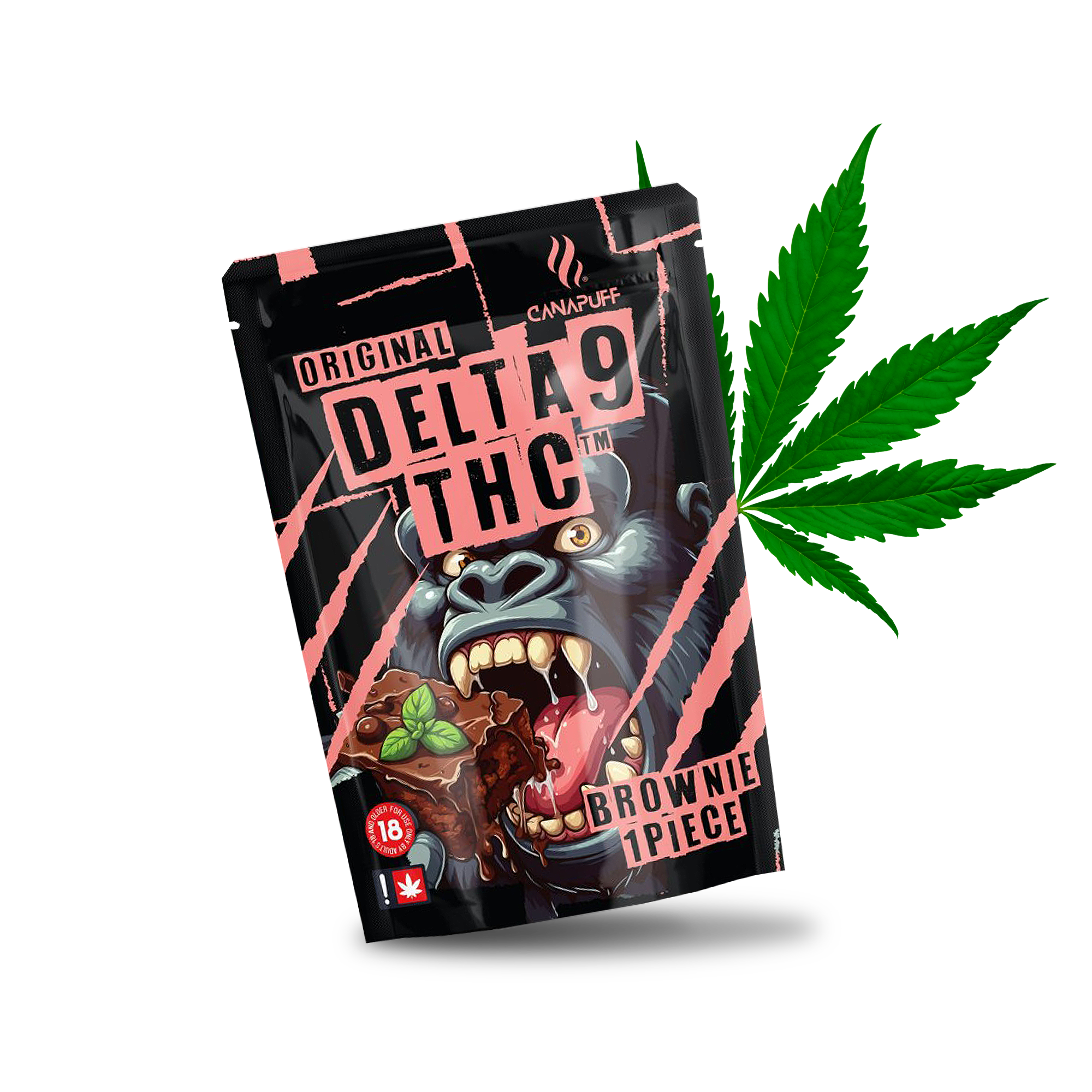


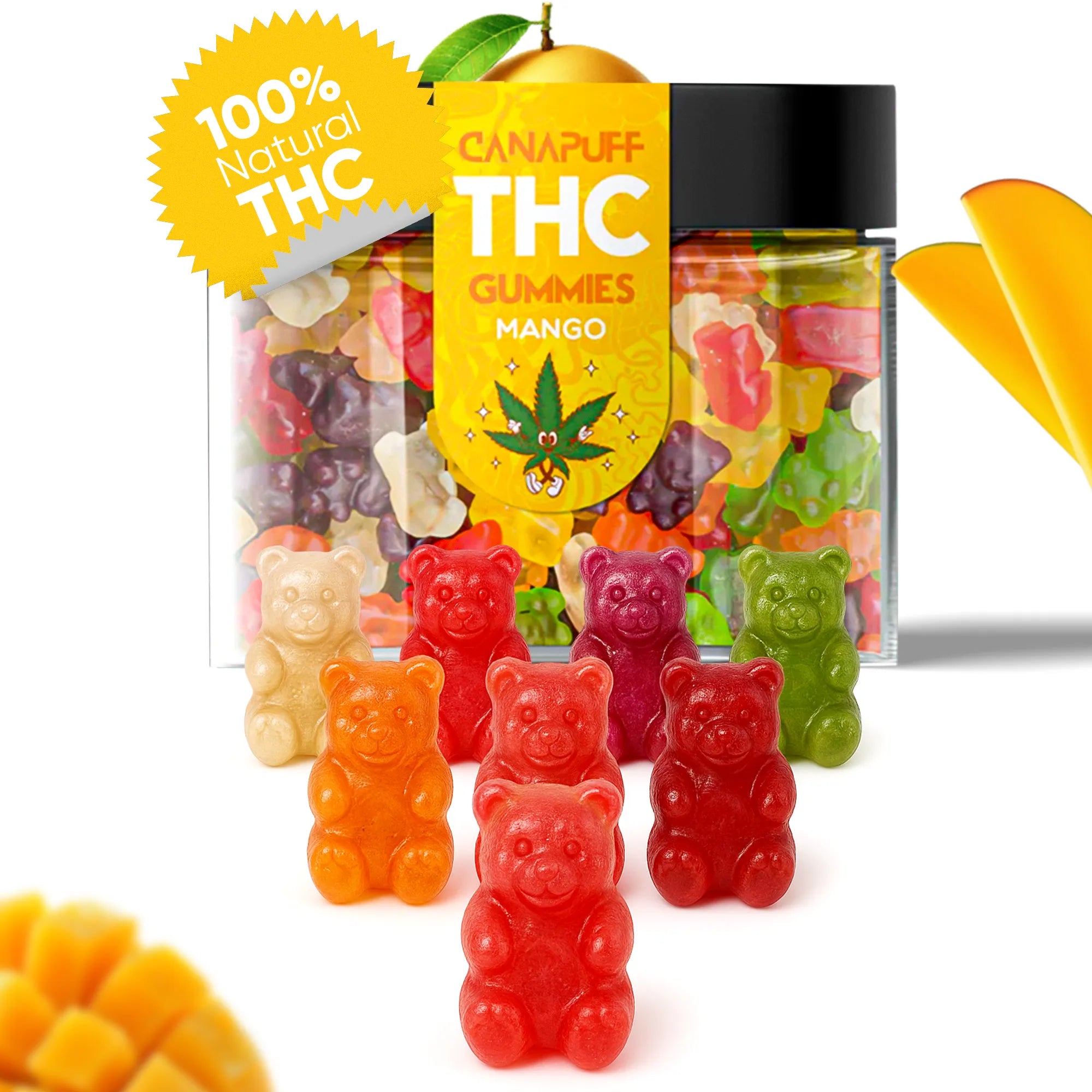

Leave a comment
This site is protected by hCaptcha and the hCaptcha Privacy Policy and Terms of Service apply.